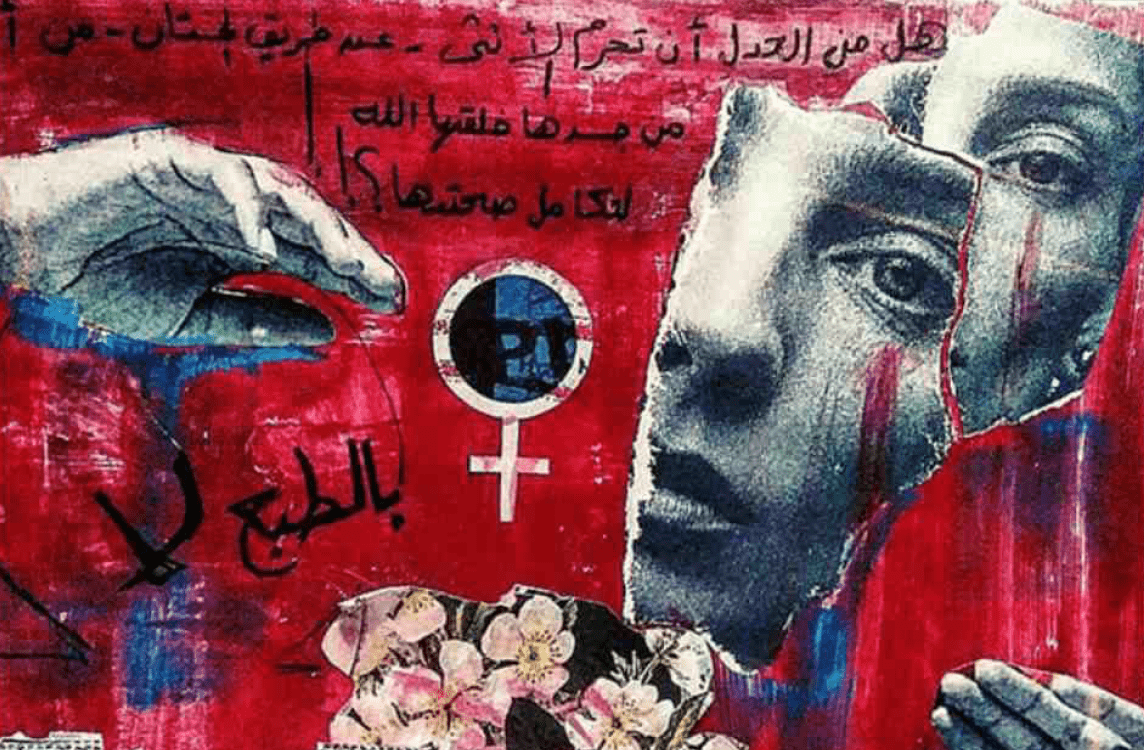JOHANNESBURG, South Africa—“We have the power to defy the forces that perpetuate harm and to realize a world where every woman and girl is free to chart her own future,” said Napo Masheane, cultural activist and poet. “She is a girl … a child of my childhood; not a commodity; not an object of desire,” nor “a burden to discard.”
She was performing during a virtual dialogue on child marriage and female genital mutilation, organized by UNFPA East and Southern Africa to launch UNFPA’s flagship State of World Population 2020 report, Against My Will. This focuses on harmful practices such as child marriage, female genital mutilation (FGM) and son preference as a form of gender-based violence.
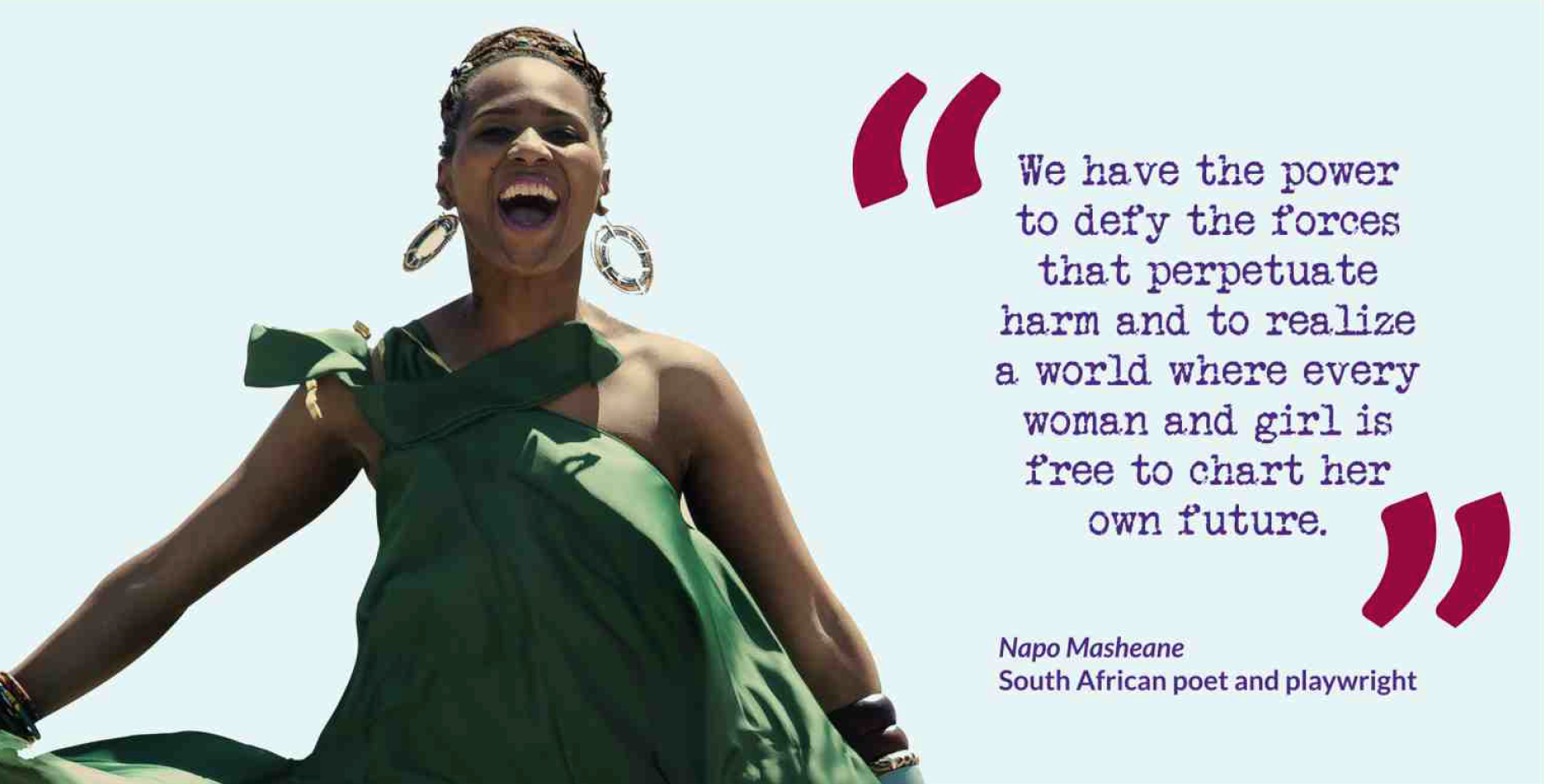
“Every day, hundreds of thousands of girls around the world are subjected to practices that harm them physically and psychologically, often with the knowledge and consent of their families, friends and communities,” said Justine Coulson, UNFPA Deputy Regional Director for East and Southern Africa, speaking on behalf of Dr. Julitta Onabanjo, Regional Director.
“At UNFPA, we recognize that an act that harms and violates a girl’s body and restricts her liberty is just the start of a cascade of harms, the impact of which lasts a lifetime. The adolescent girl’s bodily autonomy and decision-making ability are critical pillars to the unfinished agendas of the International Conference on Population and Development (ICPD) and Beijing Platform for Action,” she said.
“If we are to end all harmful practices, we need to come together to ensure that communities respect and fight for equal rights for girls, so that they can stay in school, prepare for employment, learn about their choices and shape their own futures,” she added.
Changing socio-cultural norms that drive harmful practices
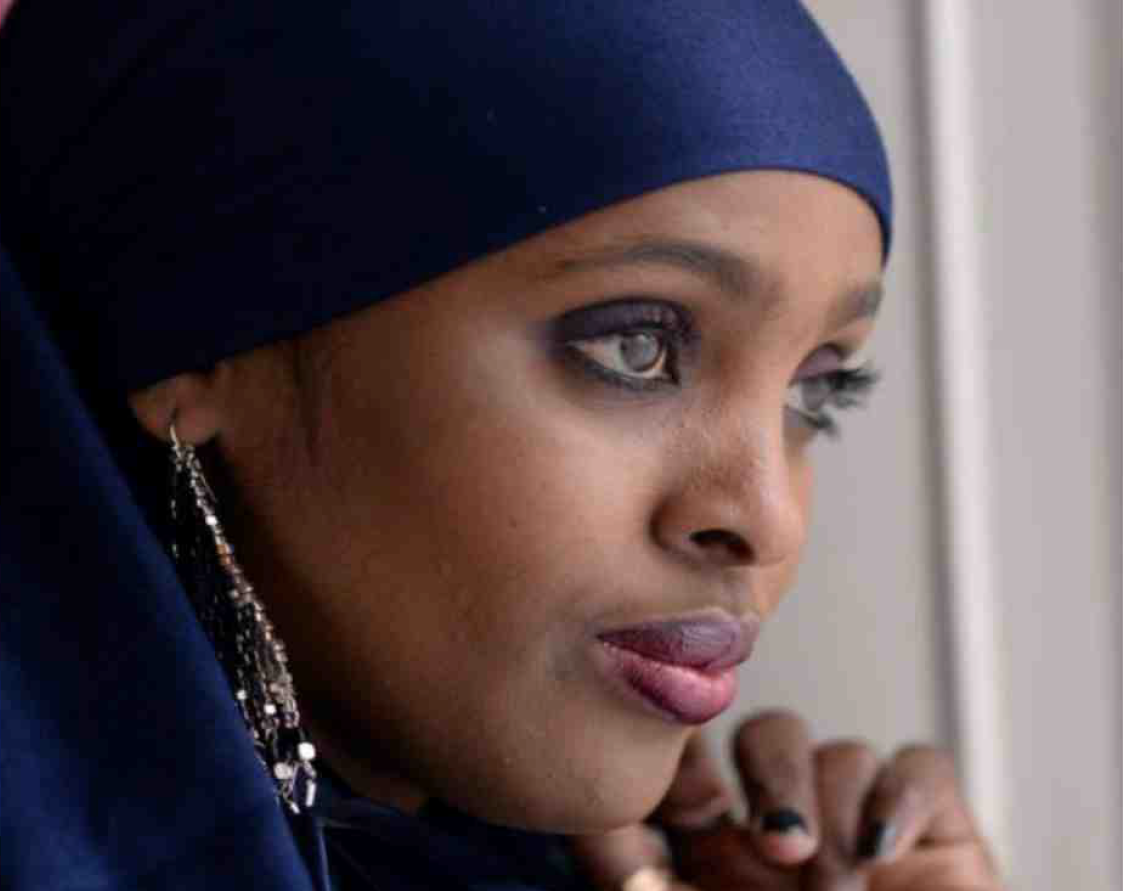
Young women and girls in Uganda are prevented from achieving their full potential by prevailing social norms, beliefs and values, said youth activist Zahara Nabakooza, who spent a day in Dr. Natalia Kanem’s role as UNFPA Executive Director in 2018, when she was just 19 years old.
“I share with my fellow girls issues that are vital to our young and ever-changing bodies. We share with each other the right sexual and reproductive health information, which helps to make informed choices about our bodies, as well as the decision [on] when to get married, who to get married to, at their own will, and not to be forced,” she said.
Through school clubs, Ms. Nabakooza empowers girls with leadership skills and encourages them to speak out against harmful practices. She called for decision-makers such religious and community leaders, those in positions of political power, and men and boys, to accelerate actions to end child marriage and FGM, which the COVID-19 pandemic exacerbates.
Mentor and youth counsellor Faith Sakala works to end child marriage in Zambia, where 48 per cent of girls marry before the age of 15 years. In many instances, their families believe that child marriage is the right thing to do, she said: “So our approach is to have tailor-made programmes for men, boys, guardians, community leaders, headmen and the chiefs, that emphasize that harmful practices have negative impacts not [for] the girl alone but also the community as a whole.”
Ifrah Ahmed, Founder of the Ifrah Foundation, said that harmful practices such as FGM and child marriage should be viewed as “our own African problem” and that efforts to end them should move with speed. “My goal is to see FGM as well as all other harmful practices end even before the year 2030, and to see a new generation free from FGM and child marriage, alongside its associated negative impacts,” she said.
Linkage between FGM and child marriage
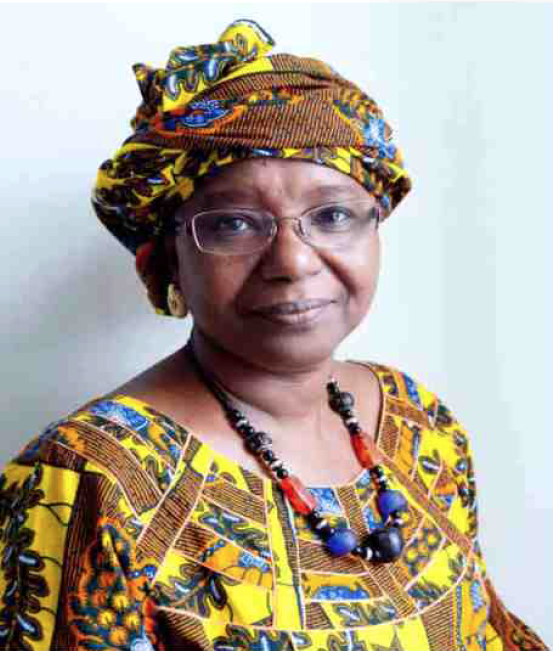
Khadiatou Diallo, President of the Group against Mutilation and harmful practices against Women and Children (GAMS), underwent FGM in Senegal when she was just seven years old, was married off at the age of 12, and had her first child at 14. She was robbed the right to be a child and to attend school until years later, when she arrived in Belgium.
“No other girl or woman should ever go through the traumatic experience of FGM, child marriage and early childbirth, as I did,” she said.
After undergoing counselling, I had to reconstruct my traumatic lived experience into a positive energy towards doing good deeds, bringing awareness to the negative impacts of FGM to my community and ensuring they take an active role to end harmful practices such as child marriage and FGM.
FGM is seen as way of increasing a girl’s ‘marriageability’ in countries and communities that practice FGM. In some communities, it is regarded as a rite of passage from childhood to adulthood, which then leads to girls being married off.
“After undergoing counselling, I had to reconstruct my traumatic lived experience into a positive energy towards doing good deeds, bringing awareness to the negative impacts of FGM to my community and ensuring they take an active role to end harmful practices such as child marriage and FGM,” she said.
Through the work of GAMS, she has helped protect more than 3,500 girls from FGM and child marriage.
Youth-friendly sexual and reproductive services key to empowering girls
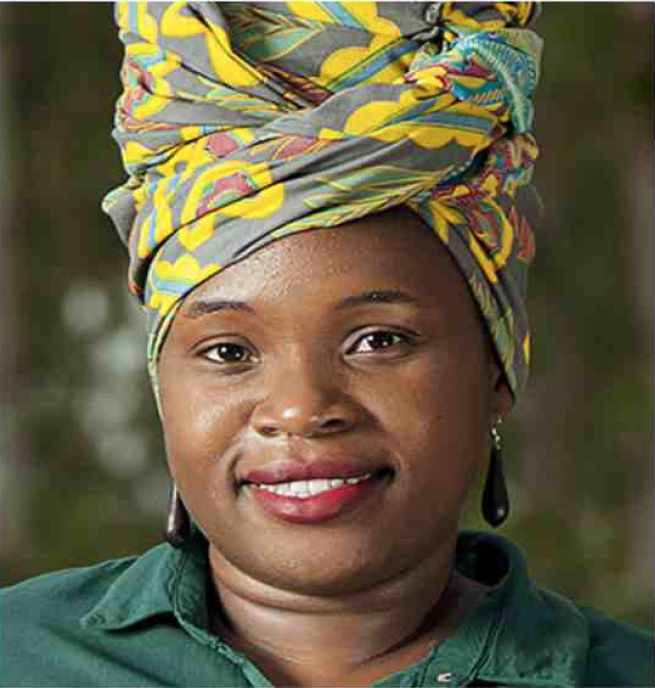
In Mozambique, the province of Nampula has a high rate of child marriage at 62 per cent, said Margarida Jeiambe Como, Technical Adviser for Associação Coalizão da Juventude Moçambicana.
“When adolescent girls and boys have access to sexual and reproductive health services, access to the right information and knowledge, they can make informed choices and prevent early pregnancy,” she said. “Adolescent girls are also more likely to remain in school, which allows them to protect their future and gives them [greater] access to economic opportunities and to achieve their potential.”
She mentors girls through the Rapariga Biz (Busy Girl) initiative, which targets one million vulnerable adolescent girls on empowerment, sexual and reproductive health, leadership, citizenship and human rights

